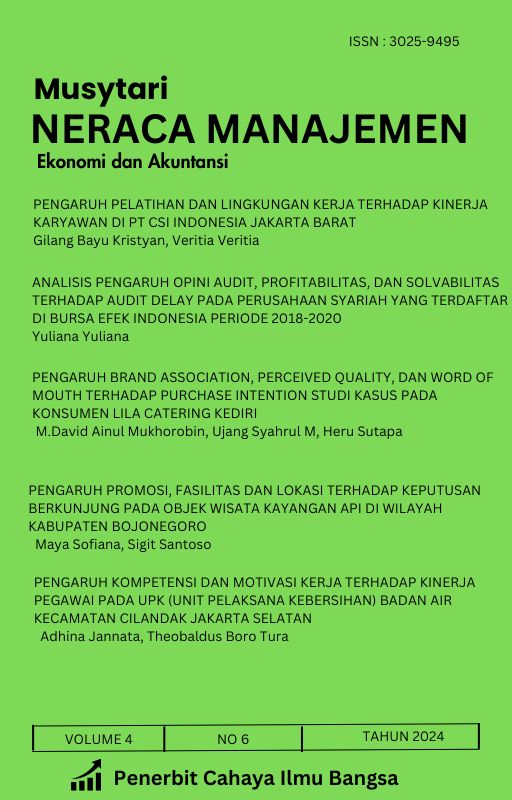Published 2025-06-22
Keywords
- indonesia
How to Cite
Abstract
The transformation of the income tax system in Mandailing Natal in the digital economy era, particularly in the oil palm plantation sector, offers opportunities to improve efficiency and transparency in tax administration. This research uses a qualitative approach with a case study method, involving in-depth interviews, observations, and documentation studies to understand the dynamics that occur. The results show that the application of digital technology simplifies the tax reporting and payment process, but challenges such as low digital literacy among farmers, the complexity of tax regulations, and data protection issues remain key concerns. Education and socialization on tax obligations, as well as the need for policies that ensure data security, are essential to build public trust. Cooperation between the government, private sector, and society is also needed to encourage tax compliance. With the right measures, the transformation of the income tax system can support sustainable economic development in Mandailing Natal.
Keywords: Transformation Technology Social
References
- Arimbhi, P., Rahmi, N., Wulandari, W., Ramdan, A., Rachmatulloh, I., Sosial, I. I., & Stiami, M. (2021). Peluang dan Tantangan Pajak Digital di Indonesia. In Jurnal Ilmiah Ilmu Administrasi (Vol. 4, Issue 2).
- http://ojs.stiami.ac.id Cahyadini
- A., & Luciana, B. J. (n.d.). Komitmen Indonesia dalam Mengatur Pajak Digital sebagai Bentuk Realisasi Tujuan Pembangunan Berkelanjutan XVII Indonesia’s Commitment to Regulate Digital Tax as a Form of Realization of Goal XVII Sustainable Development Goals (SDGs).
- https://www.cnnindonesia.com/teknologi/202205300615
- Chatterton, T., & Newmarch, G. (2017). The future is already here- it’s just not very evenly distributed. Interactions, 24(2), 42–45.
- https://doi.org/10.1145/3041215
- Dumak Parerungan, S. (n.d.). Dampak Kebijakan Perpajakan Digital terhadap Pelaporan Pajak UMKM di Era Ekonomi Platform. In Journal Scientific of Mandalika (jsm) e-ISSN (Vol. 6, Issue 2).
- Raihandini, M., Furqon, I. K., Negeri, I., & Abdurrahman Wahid, K. H. (n.d.). Analisis Efektifitas Pengaruh Tekhnologi Informasi Dalam Meningkatkan Kepatuhan Pajak di Era Digital.
- Tambunan, M. R. U. D., & Anwar, R. (2019). Transformasi Budaya Organisasi Otoritas Perpajakan Indonesia Menghadapi Era Ekonomi Digital. Jurnal Aplikasi Bisnis Dan Manajemen.
- https://doi.org/10.17358/jabm.5.2.253
- Wijaya, S., Utamawati, H., Keuangan Negara STAN, P., Bintaro Utama Sektor, J. V, & Jaya Tangerang Selatan, B. (2018). Pajak Penghasilan dari Ekonomi Digital atas Cross-Boarder Transaction. 3(Desember), 135–148.
- https://tirto.id/kesempatan-dan kesempitan-ekonomi-digital-indonesia-vxu].

